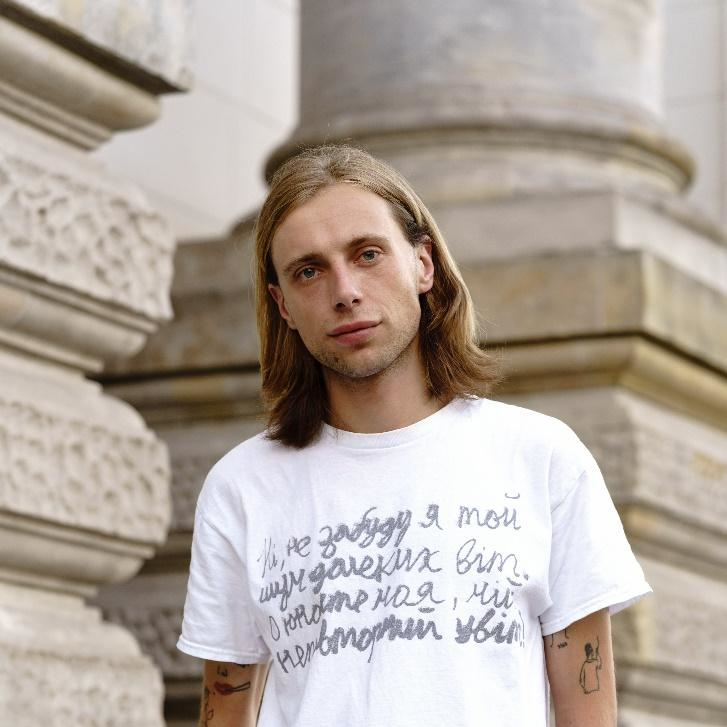
Head of Roma Community Centre Development, cultural worker, activist. Cooperating with the Museum of Modern Art in Warsaw since 2018, he works on the integration of migrants, by providing a platform for them to share their perspectives and experiences within the public program of the Museum. Together with Maria Beburia, he created the BLYZKIST (“closeness”) collective, which focuses on creating a multi-level community of people with experience of migration. Since July 2021, he has been running the Anti-Crisis Film Club together with the DajHerbate foundation at the Museum of Modern Art for people in a homeless crisis. From the beginning of Russia's full invasion of Ukraine, he has been co-creating the "Sunflower” Solidarity Community Center at Pańska Street. In October 2023, he joined the team of the Towards Dialogue Foundation, which deals with the activation, support and strengthening of persons from the Roma community.
In times of crisis, museums can become more than just cultural institutions – they can serve as shelters, both physically and symbolically. The Anti-Crisis Club, established in July 2020 at the Museum of Modern Art in Warsaw in collaboration with the Daj Herbatę Foundation, is an example of how a cultural institution can support people experiencing homelessness and help them regain a sense of belonging to the community. While initially developed under the wing of the Daj Herbatę Foundation, today the initiative is led by Robert Kwaśniewski, Dorota Szopowska, and Taras Gembik, with the support of the museum's education department and all those who refuse to remain indifferent to this crisis. Initially conceived as a short-term initiative, the project has evolved into a regular program that not only provides access to films, exhibitions, and discussions but also offers a space for rest, warmth, a meal, and a sense of community. Weekly meetings in the museum’s educational space, as well as visits to other cultural institutions, enable the gradual inclusion of people in crisis into the social and cultural life of the city. The Club has become a bridge between those in crisis and the public sphere, creating a space where culture is not only accessible but also serves as a tool for integration and resilience-building. This presentation will explore how the museum, through the Anti-Crisis Club, becomes a shelter in both a literal and metaphorical sense—a place of refuge, a site of cultural reintegration, and a space where art acts as a catalyst for social healing. In dialogue with the themes of resilience and resistance, we will reflect on how cultural institutions can embrace their ethical responsibility to foster inclusivity and reimagine their role in times of social and economic instability.